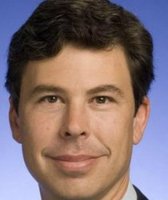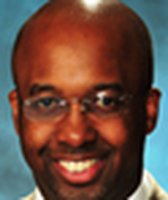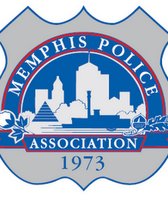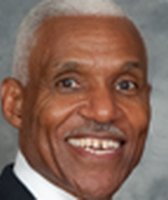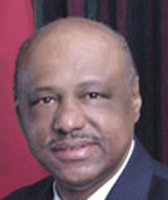Get PolitiFact in your inbox.
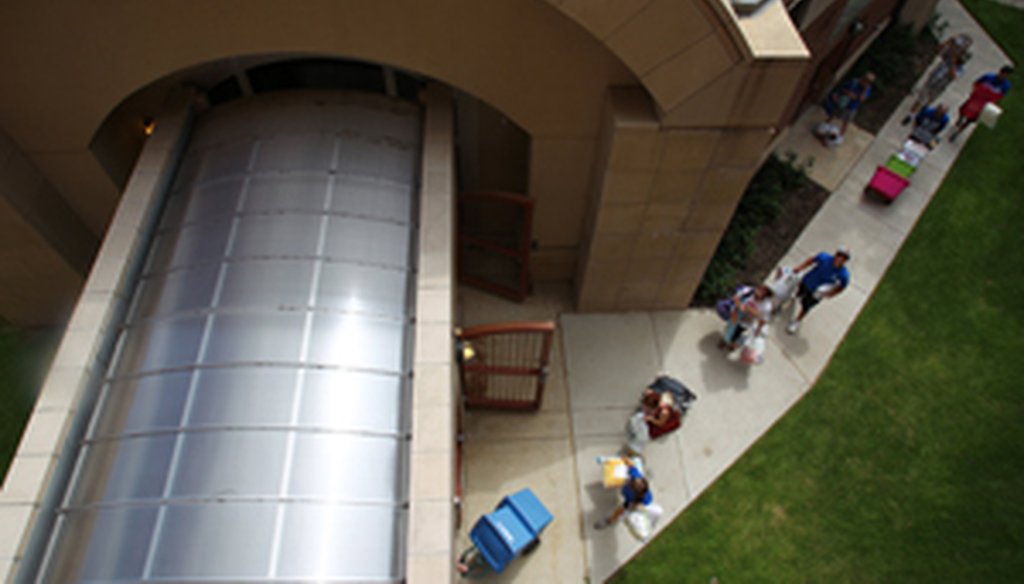
The University of Memphis believes its low rate of incident reports makes its campus the "safest."
The statement: "The University of Memphis has the distinction of being the safest metropolitan campus in the State of Tennessee."
--University of Memphis’s "Parent Handbook" website
When it comes to bragging rights among Tennessee's largest universities, campus safety isn't often as hot of a topic as, say, college basketball.
It was in the context of college basketball, however, that the topic of campus safety became a point of debate in the University of Memphis-University of Tennessee rivalry. In 2006, former Memphis high school star Dane Bradshaw, then a standout at UT, said he was "more afraid of a gang-banger in Memphis in the stands" than some "frat boy" at Louisiana State.
John Calipari, the U of M coach at the time, found a way to turn the dustup to his advantage. "The greatest thing is that we have one-fifth (the crime) they have there. This is a safe place and a safe campus and we are proud."
We won't be checking Calipari's dated claim, but with students back on campuses across the state for the fall semester, we decided to look into the matter. The most current item we could find was on the U of M website, in the "UMparents" section: "The University of Memphis has the distinction of being the safest metropolitan campus in the State of Tennessee."
That's a bit different than one we've seen other places, originally printed on a brochure for the 2010-11 academic year but most recently repeated on back-to-school guide on a blog maintained by the Tiger Bookstore, that the U of M is "consistently ranked the safest large campus in the state of Tennessee."
U of M communications director Curt Guenther acknowledged that the "safest large campus" claim has been tweaked on official publications to reflect crime statistics released since 2010-11, to say "consistently among the safest large campuses." He also provided us with links to official government and education websites that show crime statistics associated with universities.
We are not making a ruling on this statement because the term "safest" is too subjective, even if the U of M is basing their claims on objective information. The Tennessee Bureau of Investigation releases a "Crime on Campus" report each year showing total crimes reported for each higher education institution in the state, and breaks them down according to crimes reported per 1,000, with campus population including undergraduate and graduate enrollments as well as the campus’s staff, faculty and security personnel.
The University of Memphis did, indeed, have the fewest incidents reported per per 1,000 campus population among the 10 largest universities in the state for each of the years 2007, 2008 and 2009. In 2010, it had the third-fewest (Austin Peay and UT-Martin had fewer) and in 2011 moved back to the second fewest (again behind Austin Peay).
And in all five years, the U of M had lower reported incident rates than any other large institutions in Tennessee's major metropolitan areas. In 2011, Memphis had 393 reported incidents and a campus population of 24,803 -- for a rate of 16.2 reported incidents per 1,000 campus population. That was lower than Vanderbilt (34.2), Tennessee (29.7), Tennessee-Chattanooga (42.5) and Middle Tennessee State (28.6).
But looking at the numbers, there appear to be reasons unrelated to the "safety" of campus that explain the lower reported incident rates.
For one thing, unlike other large "metropolitan" institutions, neither of the U of M's highest-profile athletic teams hosts home games on campus -- the football team plays at the Liberty Bowl and the basketball team at FedExForum. That substantially reduces the number of campus visitors who could potentially contribute to reported incidents, especially considering that things like drunkenness, DUI and liquor-law violations are included.
In fact, those so-called "Class B" offenses are almost non-existent in the U of M's 2011 report -- just 34 total (13 for drunkenness, eight liquor-law violations) -- compared to 248 Class B incidents at MTSU, 156 at much-smaller UTC, 261 at UT and 259 at Vanderbilt.
And even within those numbers are suggestions that either students are more careful to abide by certain laws at certain institutions or enforcement is more lax -- MTSU had 128 liquor-law incidents vs. 108 at UTC, 71 at UT and 92 at Vanderbilt. Reports of drug/narcotic incidents are also inconsistent -- just 35 at Memphis and 43 at MTSU in 2011 compared to 80 at UTC, 103 at Vanderbilt and 156 at UT.
Also worth considering -- the U of M's on-campus resident population of about 2,400 students is low compared to its total undergraduate enrollment of 16,322, and that could explain the university's relatively low number of larceny/theft offenses -- the U of M had 171 in its 2011 report, or 7.3 per 1,000 compared to rates elsewhere of 14.9 (Vanderbilt), 12.3 (UT-Chattanooga) and 12.2 (Tennessee). Those three institutions have much larger ratio of its undergraduate population living on on campus (and thus more potential thieves and/or victims of theft) -- Vanderbilt with 5,700 of its 6,683, Tennessee with 7,500 of its 20,910 and UTC with 3,700 of its 8,845.
Other characteristics also affect the numbers -- Vanderbilt has a huge medical complex on its campus that draws visitors around the clock, Tennessee's football stadium holds more than 100,000 people, widely-used thoroughfares cut through the MTSU campus (hence, the elevated reports of DUI incidents).
It's also worth noting that criminologists often bristle when so-called crime rankings are created based on crime reports; the TBI does not actually compile rankings, it just lists institutions and their reported numbers individually.
The Federal Bureau of Investigation strongly discourages such comparisons, saying on its website: "These rough rankings provide no insight into the numerous variables that mold crime in a particular town, city, county, state or region. Consequently, they lead to simplistic and/or incomplete analyses that often create misleading perceptions adversely affecting communities and residents."
The American Society of Criminology has this statement on its website: "Such rankings are invalid, damaging, and irresponsible."
One objection to the rankings is that different cities and states often have different methods and procedures for identifying and reporting crimes. In the case of Tennessee higher education institutions, they are required to report the same categories of crime in a consistent manner, but methods can vary.
In a 2010 article on how universities report crime, reporter Richard Morgan of The Commercial Appeal quoted Howard Robboy, a sociologist at the College of New Jersey and board member of a nonprofit called Security on Campus. "On the face of it," he said, "the numbers are a joke."
Robboy cited as one example of unreliable crime numbers the very low incident reporting of rapes at universities, and the article pointed out that in 2008, among the 173,888 college students in Mississippi, there were only eight reported forcible sexual assaults. In Tennessee in 2008, there were just 31 forcible sexual assaults reported among 426,396 college students.
The U of M's director of police services, Bruce Harber, in that 2010 article pointed to a "near-perfect" score on a TBI audit and said: "We're very safe here. Our numbers are what they are."
There is no denying that the number of reported incidents on the U of M campus is, year after year, among the lowest in the state, for a variety or reasons. But we're not convinced that proves the U of M has the state's "safest metropolitan campus."
Our Sources
Zack McMillin, "Godwin: Crime rankings mislead on Memphis," in The Commercial Appeal, Nov. 23, 2009.
TBI Crime On Campus 2011
15 Tips for Incoming University of Memphis Freshman, Tiger Bookstore blog, August 2012.
Trey Heath, "Tigers and Vols ready for part two in athletic battle," for The Daily Helmsman, Jan. 18, 2006.
University of Memphis website, UMParents parent handbook.
Memo from University of Memphis director of police service Bruce Harber












